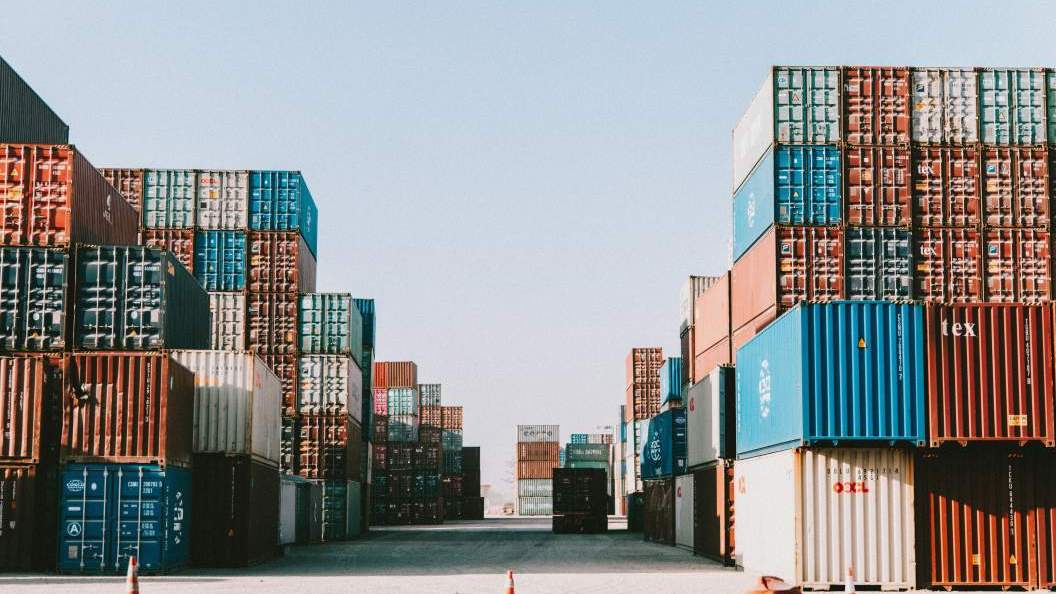The Benefits of Air Freight Compared to Other Shipping Solutions
It's essential to have a reliable shipping method that will ensure safe and timely delivery to customers when importing perishable goods. There are several good reasons why air freight is one of the most popular methods for shipping products that are time and temperature-sensitive.
Timeliness
The main benefit of air freight delivery is that it is the fastest shipping method available. Compared to sea freight shipments that often take several weeks, air freight deliveries can be with a customer in a matter of days.
Furthermore, road freight often goes hand in hand with sea transportation and may likely be affected by traffic congestion, ultimately slowing down the delivery speed.
To put these delivery methods into perspective, a sea cargo shipment that takes 28 days would take around 13 hours on a cargo plane. When dealing with time-sensitive perishables, this difference is hard to ignore.
Reliability
Factors like unfavourable sea conditions can disrupt sea shipments, while traffic can disrupt road freight. When it comes to aircraft, although weather can cause disruption, it is unlikely for external factors to hinder travel, ultimately making air freight delivery a more reliable option. Aircraft also have fewer stops along the way, lowering the chances of mishandling goods. If your sea or road shipment is disrupted by delays or cancellations, air freight is a viable option to get transit times back on track as there are more flights and departures readily available.
Furthermore, cargo planes have a much higher departure rate than shipment methods like sea or rail freight. Even if a delay happens, your delivery will get moving quickly, making it a reliable option with quick recovery times when disruptions arise.
Specialised Services
Pro Carrier can offer specialised services for perishable goods. Special services include refrigerated and temperature-controlled compartments (that are constantly monitored) and other special packaging like coolers, insulated containers and materials like dry ice and gel ice packs.
The best shipping companies will provide temperature-controlled services every step of the way, ensuring your goods stay at the right temperature from the moment they are packed and loaded to when they are delivered into your customer's hands.
Trackable
Access to an accurate tracking service is crucial when shipping perishable goods, as the process will be much less stressful. Air freight tracking is easy, as most companies provide real-time updates and allow you to view your cargo through every supply chain step.
Consignees can access information like the shipment's current location, updates on issues or delays and an accurate arrival time.



